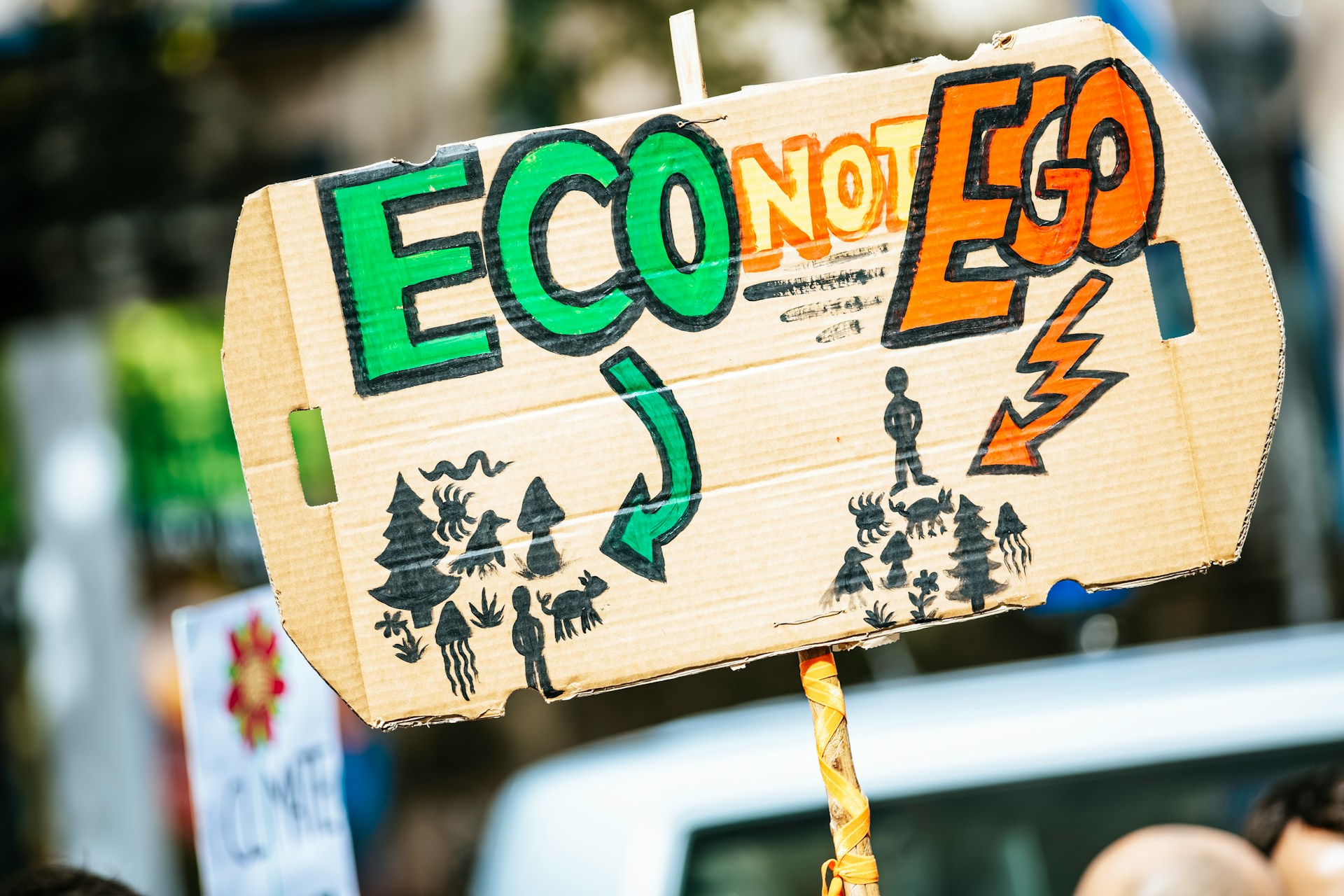When trying to lead a more sustainable lifestyle, it’s important to look at all areas of your life. In some areas, the greenest solutions are obvious. For instance, when considering how to get to work, walking or cycling are both clearly more eco-friendly than driving. When purchasing clothes or other products, focusing on items that are made from environmentally friendly or recycled materials is clearly the best option for the planet. But in other areas of our lives, the most sustainable option is a little more unclear.

One area of our lives where most people can make more sustainable decisions is our diet. Often, we only consider things like packaging when trying to make more environmentally friendly diet choices. But there are actually a whole host of different ways we can follow greener diets. Here are 5 ways you can make dietary choices that are better for the planet.
Plant-Based Foods
Plant-based foods have been popular for a number of years as the number of people following meat-free diets continues to rise year on year. For many people, this is a choice motivated by improving their physical health; plant-based foods are often processed and free from harmful ingredients. The increasing number of people following a vegan diet is also influenced by people choosing to follow a plant-based diet for ethical reasons.
However, if you’re concerned with the health of the planet, a plant-based diet is the most sustainable option. There are several reasons for this, but the main reason is the vast difference in space and energy that is required to produce plant-based foods compared to animal products.
There’s also a significant reduction in greenhouse gas emissions when comparing animal products to plant-based alternatives. This is because livestock produce methane once food has been broken down. It’s also worth considering the amount of energy used and greenhouse gases produced to feed animals, which is considerably more than what is required to grow plants.
Reduce Food Waste
Food waste is becoming a big problem; 9.5 tonnes of food is thrown away each year in the UK alone. Given that it requires energy to produce and transport food, any food that is wasted is essentially a waste of resources. When food decomposes, it also produces harmful greenhouse gases, often in landfill sites.
The most obvious solution is to reduce food waste. Whether that’s through purchasing food items with long shelf lives are storing leftovers for future meals instead of throwing them away. You should also consider how you utilise food waste. This could include using food waste in gardening in a process known as composting. Alternatvvely, food waste could be used to feed animals, reducing the amount of food needed for livestock.
Support Local Produce
A large part of the food industry’s negative impact on the environment comes from transporting goods, often from warehouses, farms and factories to supermarkets. Many of the brands we see on our supermarket shelves are transported all across the country, or even the world, increasing carbon emissions in the process.
As a consumer, it may feel like you have no control over this. But, choosing to buy local products when possible reduces the demand for national/global products, which over time should reduce the supply also. Consider purchasing your meat from local farm shops and milk from a local milk delivery service.
Reuse Materials
We can also consider the materials we use to consume food & drink. Single-use plastics are detrimental to our oceans and ecosystems, and it’s generally regarded that they should be avoided for the sake of the planet. However, they continue to be prominent in the food industry; plastic carrier bags and water bottles are two of the most obvious examples of single-use plastics.
Replace plastic bottles with durable, reusable bottles. Many coffee shops also allow you to take your own cups to their stores to help cut down on waste.
Consume Fermented Foods
Finally, there’s an increasing interest in the area of fermented foods at the moment. While this may be primarily for health reasons, it can also be a good move if you are trying to make greener dietary choices.
Products like kefir yogurt are made from natural ingredients, meaning they don’t require enormous amounts of energy to produce. Some fermented foods can also make use of ingredients that would have otherwise been wasted as a result of their unique production process.
Final Thoughts
Hopefully, that gives you food for thought (if you pardon the pun) and makes you realise that there are a number of ways you can incorporate eco-friendly decision-making into your diet and food purchasing habits. Whether it’s through consuming less meat, supporting local farmers or considering packaging when making food purchases, changes don’t have to be drastic. However, if enough people get on board with greener diets, these small changes could have a big impact in terms of our planet’s future.


